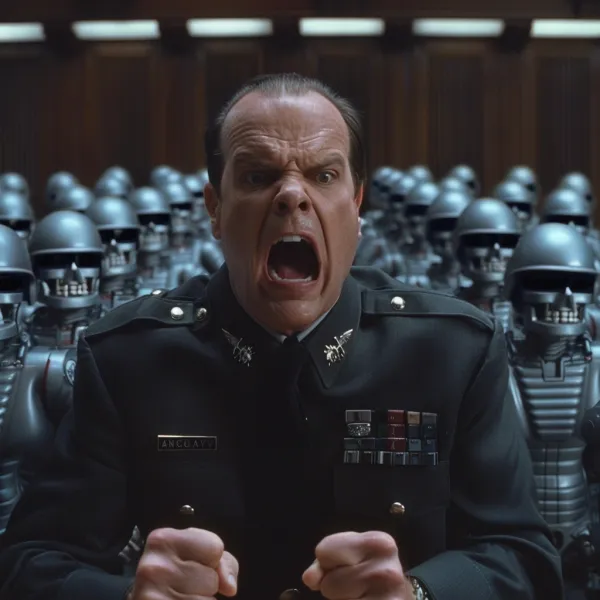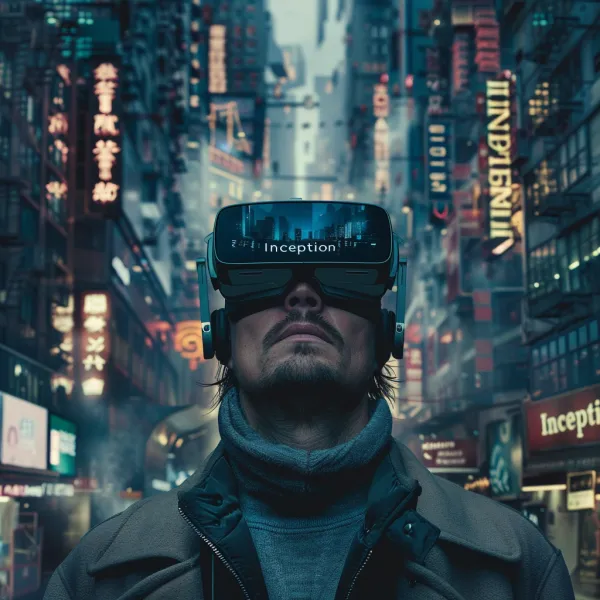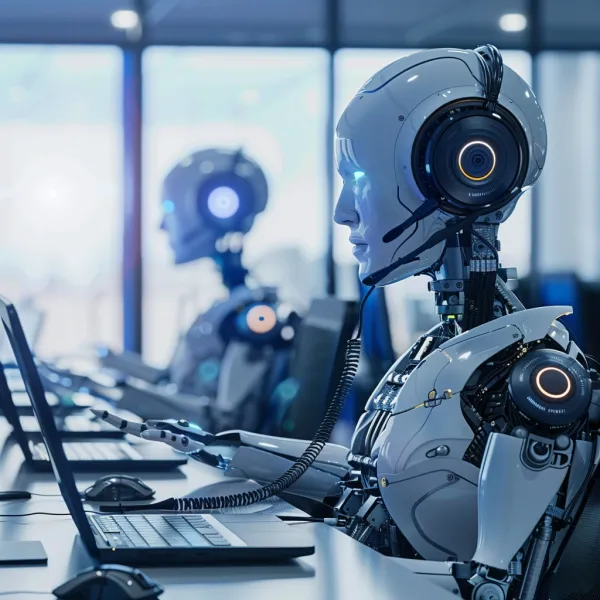I Read the Full Elon vs. OpenAI Complaint So You Don’t Have To

As you already know, Elon Musk is suing OpenAI and Sam Altman. I in turn have read the full complaint, and done my best to provide an objective analysis from a legal standpoint.
(You all know the players and the broader context, so we’ll get directly to the down and dirty)
We’ll go through some key sections, and then my own thoughts on the core of the complaint.
I. General Allegations
- The Risk Of Artificial General Intelligence
This section summarizes Musk’s thoughts on and concerns over the development of artificial intelligence in the U.S. Specifically, he refers to the development of Artificial General Intelligence (AGI). Quoting from the complaint: “Mr. Musk has long recognized that AGI poses a grave threat to humanity—perhaps the greatest existential threat we face today.” Then the main point: that where Musk sees a threat, others “see AGI as a source of power and profit.” This section closes with Musk’s concerns around Google’s DeepMind.
- The Founding Agreement of OpenAI, Inc.
This section is fundamental to the complaint. Musk asserts that Mr. Altman shared his concerns over this existential threat posed by AGI, and that this shared belief was reflected in an agreement (emphasis added). Musk alleges there was a two-point agreement between him, Altman, and Mr. Brockman. The two points being: a) This “new lab” would be non-profit for the purpose of “developing AGI for the benefit of humanity; and b) the new lab would be open-source. This is referred to in the complaint as the “Founding Agreement.”
Musk further asserts that this Founding Agreement was “memorialized” in OpenAI’s Dec 2015 Certificate of Incorporation. Quoting from the certificate:
“The specific purpose of this corporation is to provide funding for research, development and distribution of technology related to artificial intelligence. The resulting technology will benefit the public and the corporation will seek to open source technology for the public benefit when applicable. The corporation is not organized for the private gain of any person.”
Another key point, and quoting from the complaint:
“In reliance on the Founding Agreement, which Mr. Altman, Mr. Brockman, and OpenAI, Inc. reaffirmed with Mr. Musk on multiple occasions, Mr. Musk was a moving force behind the creation of OpenAI, Inc. contributing a majority of its funding in its first several years, advising on research directions, and most importantly, recruiting some of the world’s leading scientists and engineers to work at the non-profit venture, including Chief Scientist Ilya Sutskever.” (emphasis added)
Finally, Musk refers to a Sep 2020 agreement entered into by OpenAI and Microsoft for the purposes of exclusively licensing to Microsoft the GPT-3 language model. Quoting from the complaint:
“However, OpenAI published a detailed paper describing the internals and training data for GPT-3, enabling the community to create similar models themselves. And, most critically, the Microsoft license only applied to OpenAI’s pre-AGI technology. Microsoft obtained no rights to AGI. And it was up to OpenAI, Inc.’s non-profit Board, not Microsoft, to determine when OpenAI attained AGI.”
- The 2023 Breach of the Founding Agreement
Musk alleges that in 2023 Altman, Brockman, and OpenAI “set the Founding Agreement aflame.” Specifically, that a) GPT-4’s internal design, rather than being available to the public, “remains a complete secret” known only to OpenAI and, “on information and belief”, Microsoft (emphasis added); and b) that GPT-4, “on information and belief, is an AGI algorithm and thus outside the scope of Microsoft’s Sep 2023 exclusive license with Microsoft.
According to the complaint: “These events of 2023 constitute flagrant breaches of the Founding Agreement, which Defendants have essentially turned on its head.”
II. Detailed Allegations
- Mr. Musk’s Concerns Over AGI Falling Into the Wrong Hands
This section discusses concerns around Dennis Hassabis (co-founder of DeepMind), Larry Page (then CEO of Google’s Alphabet Inc.), and Altman. Specifically, that the Google DeepMind AI Ethics Board, which Musk was asked to be a member of, “was rather a facade to try and slow down any regulation of AI.”
- OpenAI Inc.’s Founding Agreement
This section refers to the founding of OpenAI itself. Specifically, that Altman emailed Musk in June 2015 regarding a new “AI Lab” (quotes from complaint). Quoting from the complaint quoting this email:
“The mission would be to create the first general AI and use it for individual empowerment—ie, the distributed version of the future that seems the safest. More generally, safety should be a first-class requirement.” “The technology would be owned by the foundation and used ‘for the good of the world’[.]”
The project was launched as OpenAi. Musk then quotes from the Certificate of Incorporation, which Musk alleges “memorialized in writing the Founding Agreement”. (emphasis added)
The quote from the Certificate is a bit lengthy to quote here, but the crux (and most relevant to the complaint) is that (quoting from the Certificate as quoted in the complaint):
“The resulting technology will benefit the public and the corporation will seek to open source technology for the public benefit when applicable. The corporation is not organized for the private gain of any person. . . .”
Finally, Musk refers to OpenAI’s public announcement in Dec 2015. Specifically, that OpenAI was designed to “benefit humanity”, and its research would be “free from financial obligation”. (quotes from complaint).
G. The Founding Agreement is Breached in 2023
Musk alleges the following:
"Having reached the threshold of AGI, which under the Founding Agreement they were to develop for the benefit of humanity rather than for any for-profit company or personal profit, Defendants instead radically departed from their mission in breach of the Founding Agreement.” Specifically, he takes issue with GPT-4 being “an entirely closed model.”
The complaint makes a broader point at length regarding alleged implications for the industry as whole:
“OpenAI’s conduct could have seismic implications for Silicon Valley and, if allowed to stand, could represent a paradigm shift for technology start-ups. It is important to reflect on what has transpired here: a non-profit startup has collected tens of millions of dollars in contributions for the express purpose of developing AGI technology for public benefit, and shortly before achieving the very milestone that the company was created to achieve, the company has become a closed, for-profit partner of the world’s largest corporation, thereby personally enriching the Defendants.”
III. Causes of action
- Breach of Contract
- Promissory Estoppel (i.e., one party relied on the other’s party promise, even in the absence of a formal contract, and suffered some injustice based on reasonable reliance of said promise)
- Breach of Fiduciary Duty
- Unfair Business Practices
- Accounting

My Analysis and Thoughts
I see five main issues discussed in Musk’s complaint:
- Existential risk of AGI
- Violation of OpenAI's founding principles- this is the alleged transition from a non-profit operating for the “benefit of humanity” to a for-profit approach. This also refers to Microsoft’s alleged influence in moving towards for-profit, and ultimately the alleged restructuring of OpenAI’s board to one more closely aligned with Microsoft and being a profit-driven entity.
- OpenAI's secrecy around GPT-3 and -4, and move away from open-source.
- The breach of a “Founding Agreement”
- Interestingly, Musk’s reference to an OpenAI algorithm referred to as Q*, which Musk alleges is a significant step in the development of AGI.
But here’s the kicker, and why I didn’t summarize the causes of action: it all comes down to whether there is a real or implied contract in existence. In other words, classic contract law; this would be a good example for the Contracts course every first year law student must take.
Basic contract law is (usually) pretty straightforward, but the part that can be tricky even in what seem like easy cases is determining whether or not there’s consideration, i.e., something of value that is exchanged between the parties. For there to be a valid contract, each party must provide consideration. The other key factors would be Offer, Acceptance, and Mutual Assent (i.e., meeting of the minds).
So the question is, did such a contract exist between Musk and OpenAI? If not, nothing else in the complaint is matters in regards to an alleged breach, since there would be nothing to breach. Specifically, Musk has to establish that the alleged “Founding Agreement” does in fact exist and constitutes a valid contract; that is the primary hurdle to overcome.
Also worth nothing that Musk did not sign the Articles of Incorporation referred to above. Furthermore, promissory estoppel is not an easy thing to show (high barrier), and to my knowledge is a fairly rare thing to see outside of law school classrooms.
Musk's broader commentary in the complaint will no doubt provoke much discussion. But the question remains: is there a contract here?



